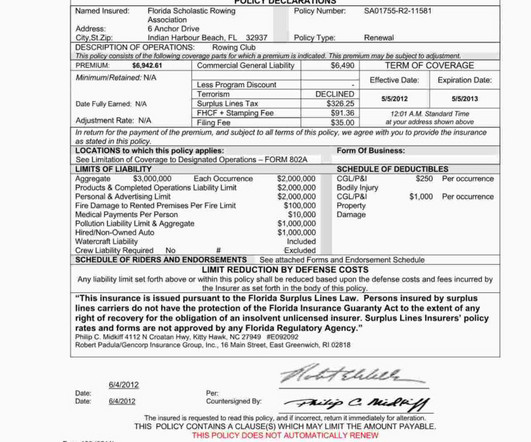Differences Between Commercial Property Management vs Residential Property Management
Property Management Inc.
MARCH 13, 2025
Whether you're managing a bustling office building or a cozy duplex, the details matter. But here's the real kicker—not all property management is created equal. These properties generate income, accommodate businesses, and support trade. Each type comes with unique challenges.












Let's personalize your content